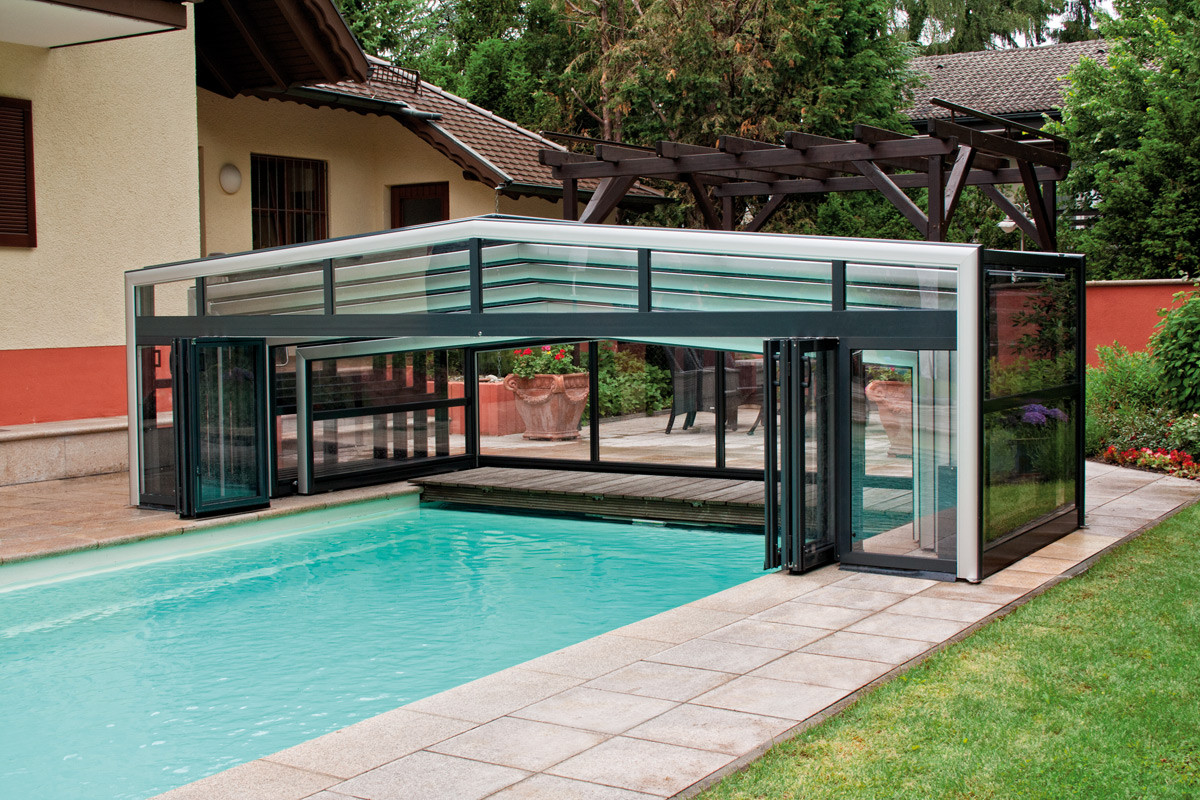When considering an investment in a pool enclosure system, householders often often find facing a variety of alternatives and cost ranges. Pool enclosures serve as a important enhancement to any garden, offering not only visual charm but also useful features such as enhanced safety and lower maintenance. The allure of a tailored pool enclosure lies in its ability to transform an outdoor space into a perennial retreat, shielding the pool from contaminants and allowing for extended swimming seasons.
Understanding the expenses associated with personalized pool enclosures is essential to making an informed decision. Factors such as scale, building materials, and design details can significantly influence the overall price. As an increasing number of homeowners seek to enhance their outdoor space, it becomes essential to examine these expenses and the worth that a tailored enclosure brings to your home, ensuring you make a decision that is compatible with your financial situation and living style.

Elements Affecting Expenses
When considering the cost of personalized pool enclosures, several key aspects must be considered. The size of the enclosure is a major the main determinants of total cost. Greater enclosures need extra materials and labor for setup, which can considerably raise the price. Homeowners should meticulously assess their pool area to decide on the suitable size that fits their needs while balancing cost constraints.
The decision of materials also heavily affects the expense of pool enclosures. Choices range from aluminum and screen to glass and acrylic, each with its own price point and durability. For instance, glass enclosures generally be costlier expensive but offer a sleek and refined look, while screen enclosures are commonly less inexpensive and suitable for providing insect protection. Selecting the right material is crucial for guaranteeing that the enclosure aligns with both preferences and budgetary constraints.
Workforce costs associated with the installation of pool enclosures should not be ignored. Experienced professionals may charge a higher fee for their skills, but their expertise can lead to superior installations that have greater longevity. Additionally, local labor rates can fluctuate significantly based on the area, impacting the overall cost. Homeowners should request multiple quotes to contrast labor expenses and ensure they are receiving a fair price for their bespoke pool enclosure project.
Types of Pool Enclosures
Pool covers come in many styles and materials, catering to different preferences and price ranges. One of the most popular types is the screen cover, which provides a barrier against bugs while permitting ventilation and natural light. These frameworks are usually made from aluminium frames and specially designed screens, making them a popular choice for property owners who want to enjoy the outdoors without the hassle of pests.
Another popular option is the glass enclosure. These enclosures provide a modern and elegant look, offering a unobstructed view of the surrounding landscape while protecting the area protected from the elements. Glass enclosures can be found in framed or frameless designs, and they provide excellent insulation, making them ideal for all-year use. Although they are generally more expensive than screen enclosures, many homeowners consider the visual appeal and durability to be worth the cost.
Lastly, there are adjustable pool enclosures, which offer flexibility and ease of use. These enclosures can be opened or extended depending on the weather and the desired use of the pool area. our website feature a combination of components, such as aluminum frames and polycarbonate panels, allowing for easy operation and care. Retractable enclosures are ideal for those who want to enjoy the benefits of al fresco swimming while having the ability to completely enclose the pool when needed.
Price Comparison and Evaluation
As considering custom pool enclosures, the cost can differ considerably depending on various factors. The substances used, including aluminum, glass, or screen, heavily influence the overall cost. For instance, aluminum enclosures tend to be less affordable but may not provide the equivalent aesthetic appeal as glass options, which can be costlier. Homeowners should evaluate their budget in relation to the desired look and functionality of the enclosure, which will guide their decision.
Work costs also play a critical role in the total expenses associated with pool enclosures. Installation can involve specialized skills, particularly for complex designs or premium materials. Therefore, obtaining quotes from multiple contractors is important to avoid overspending. It's advisable to factor in not just the initial price of the enclosure but also the potential additional costs related to installation and any necessary permits, which can differ by location.
Finally, ongoing maintenance costs should not be ignored when analyzing the total investment in a pool enclosure. Certain materials may require more upkeep than others, which can impact long-term expenses. For example, while glass enclosures offer a sleek look, they may need regular cleaning to maintain clarity and appearance. Assessing both initial costs and future maintenance needs will help homeowners formulate a well-informed decision on their pool enclosure investment.
